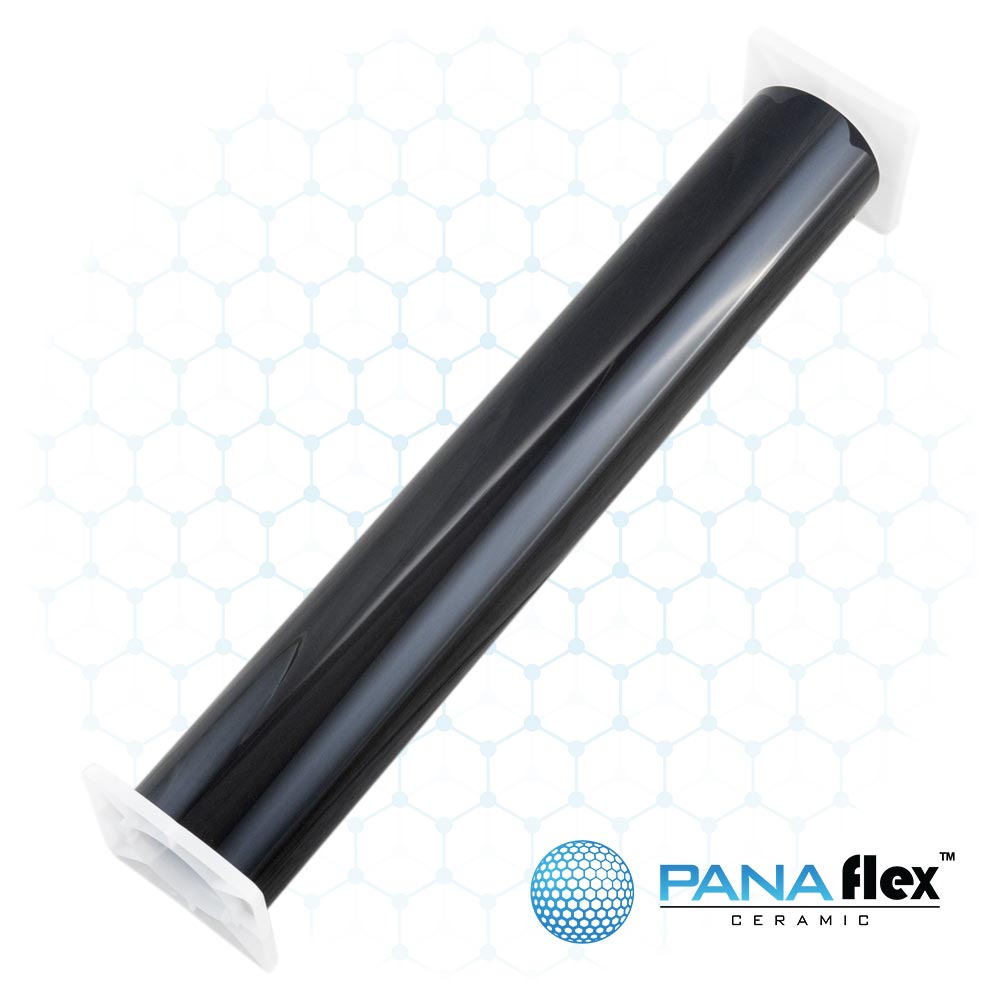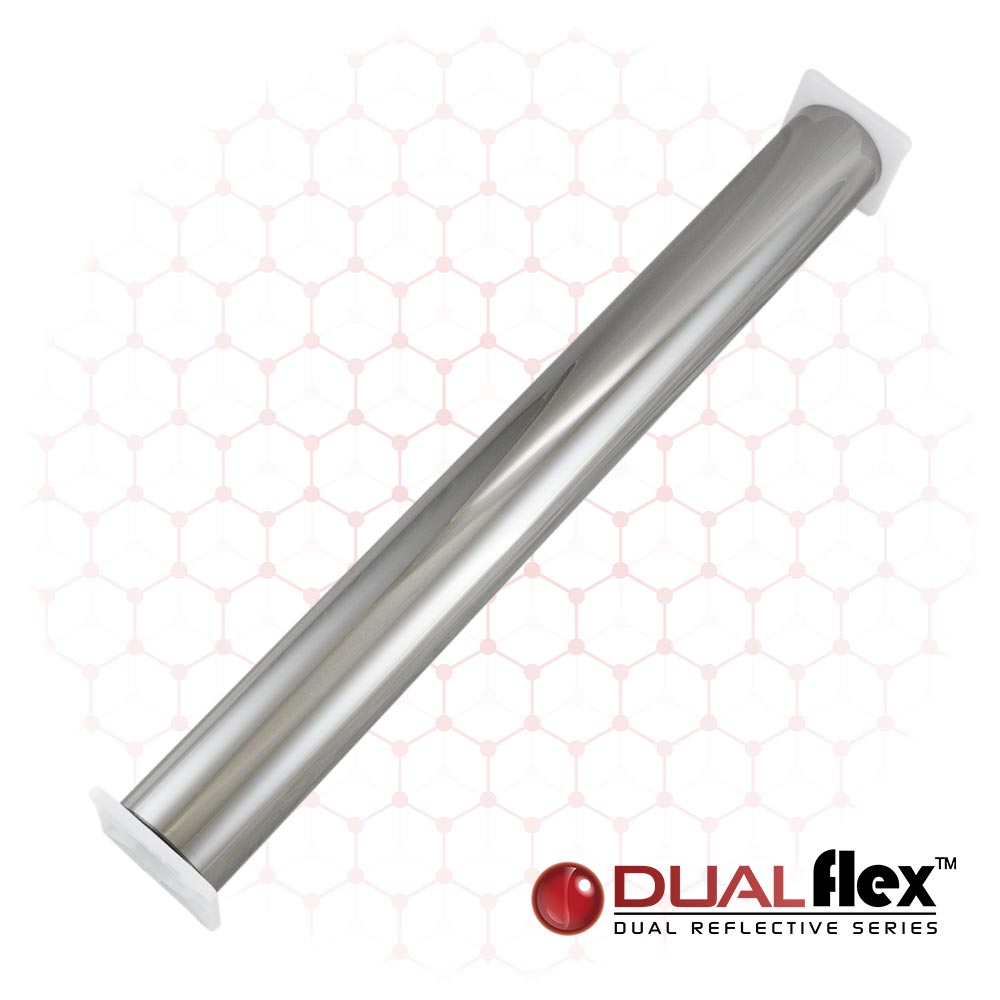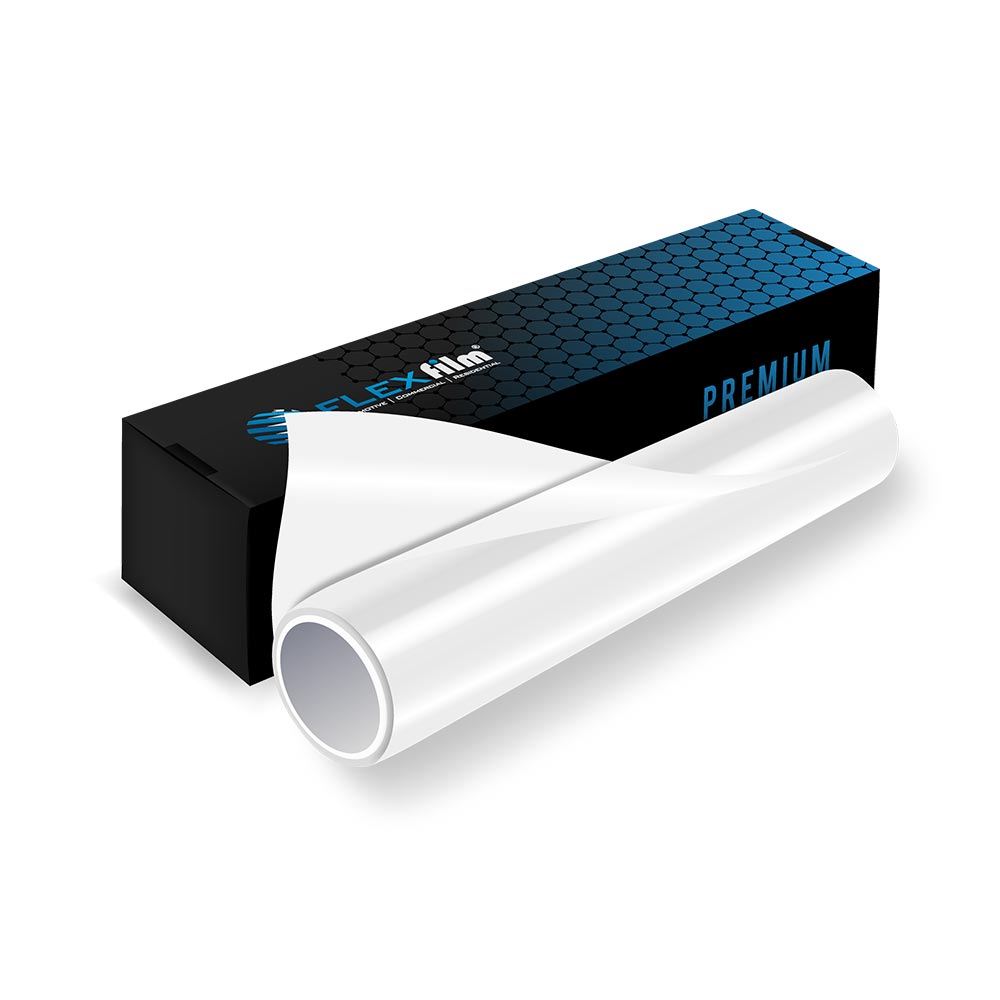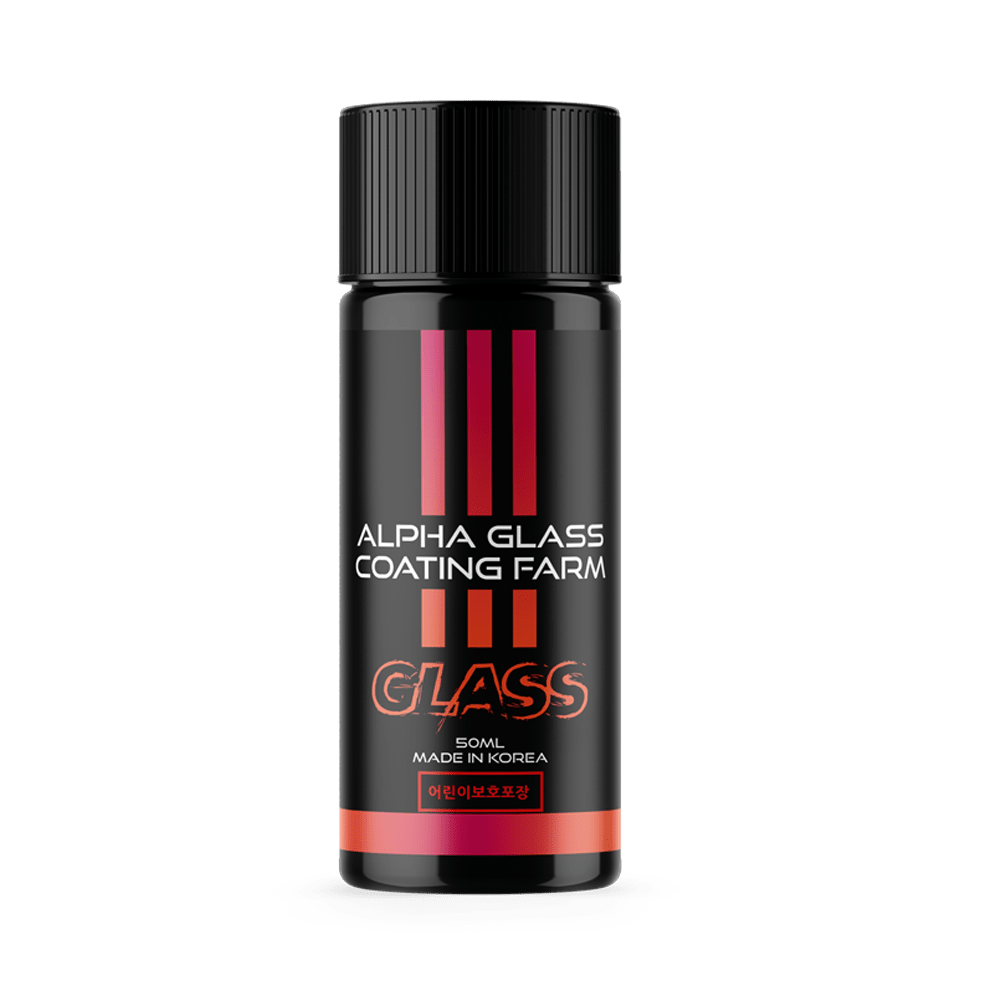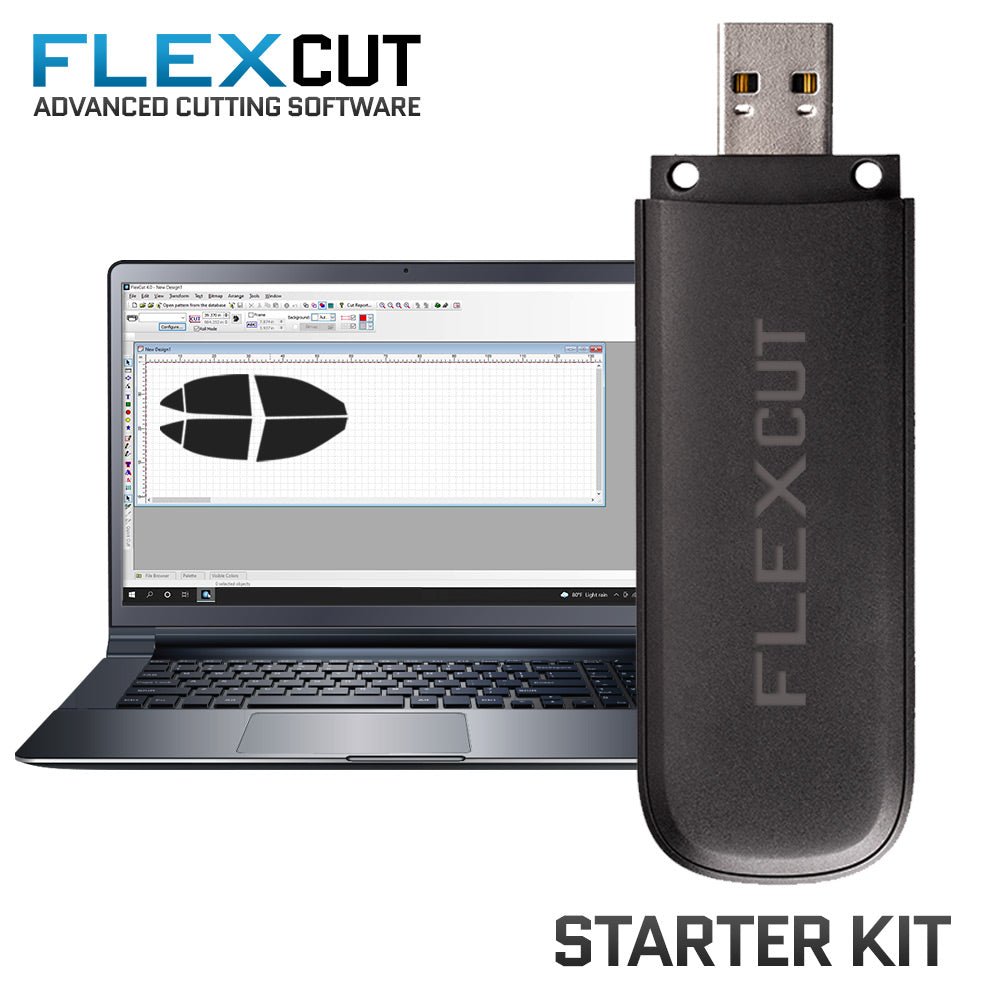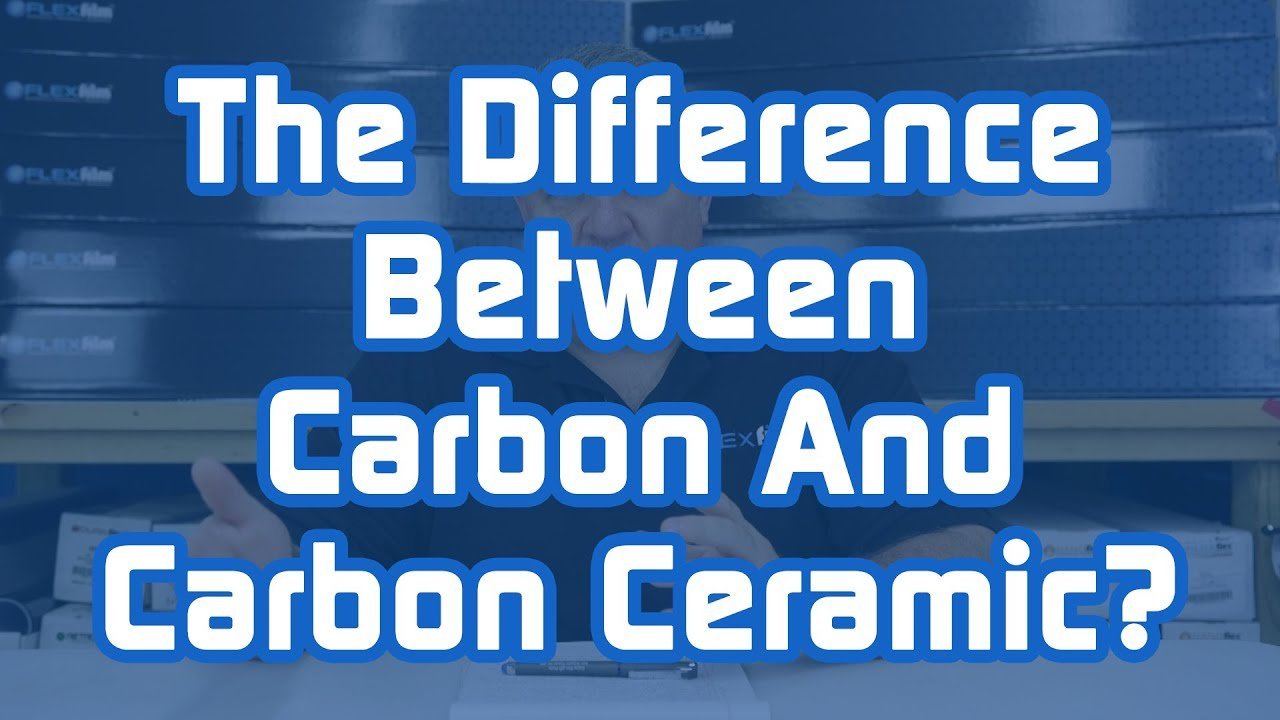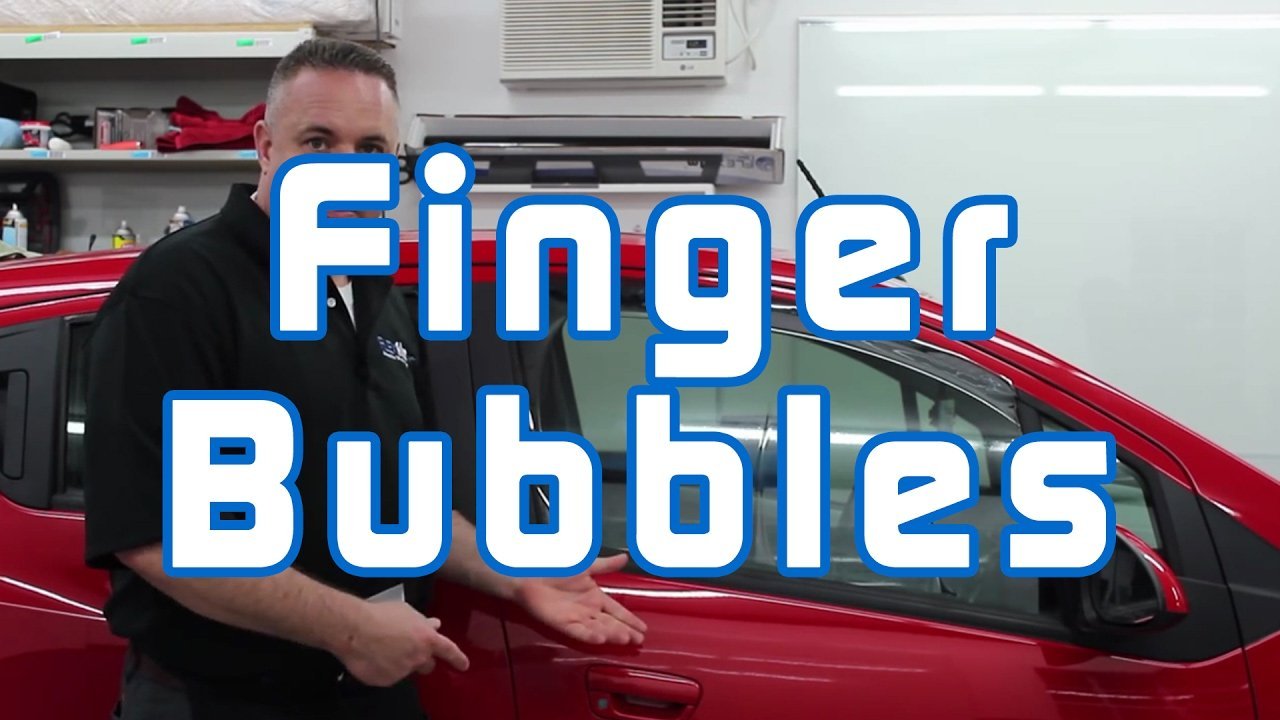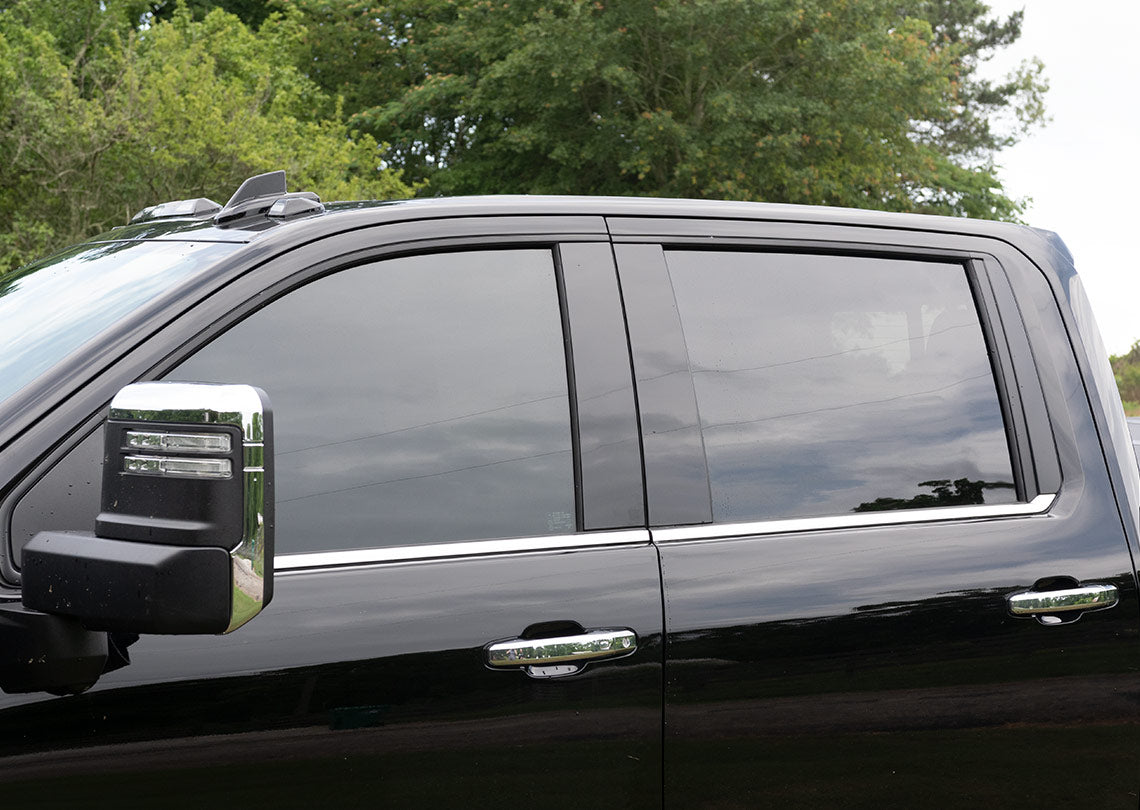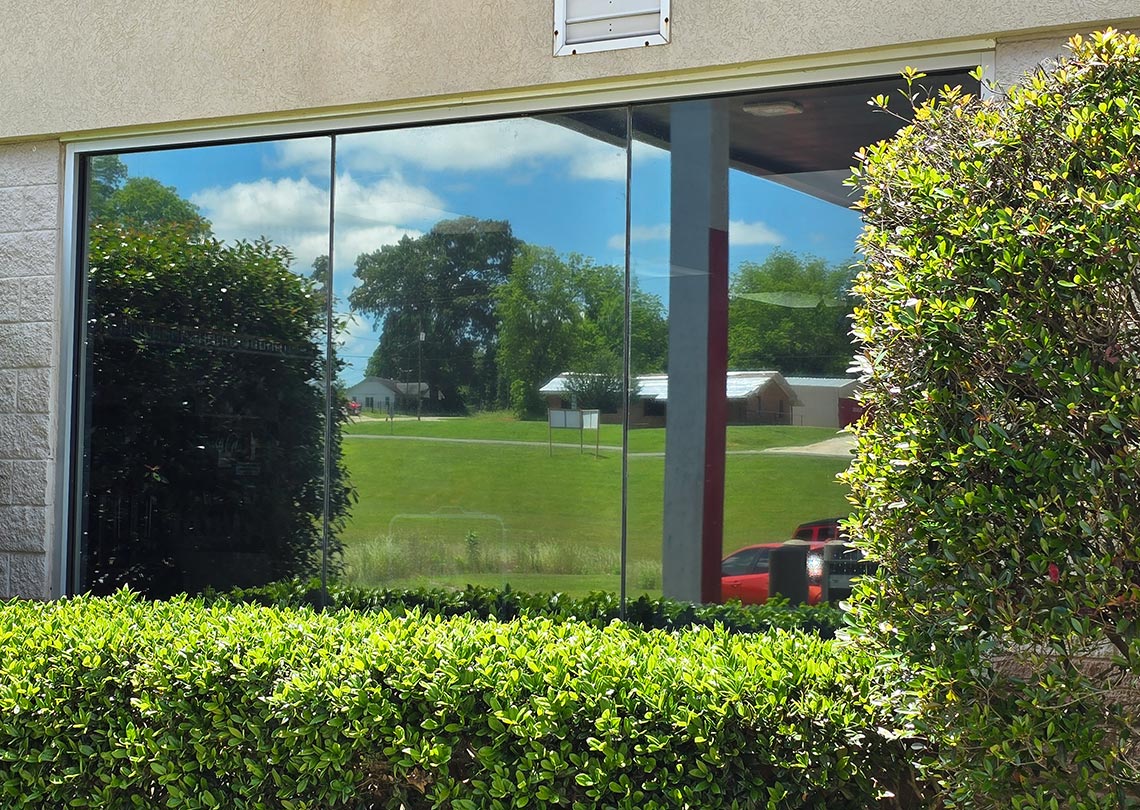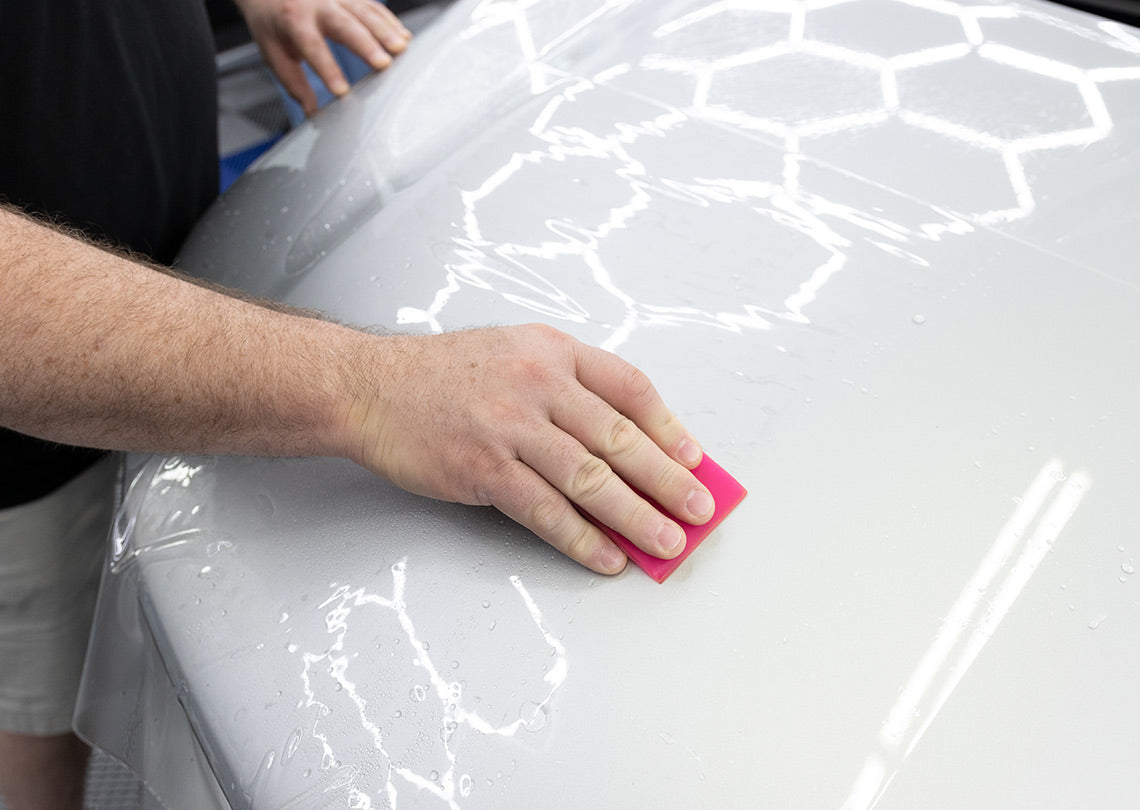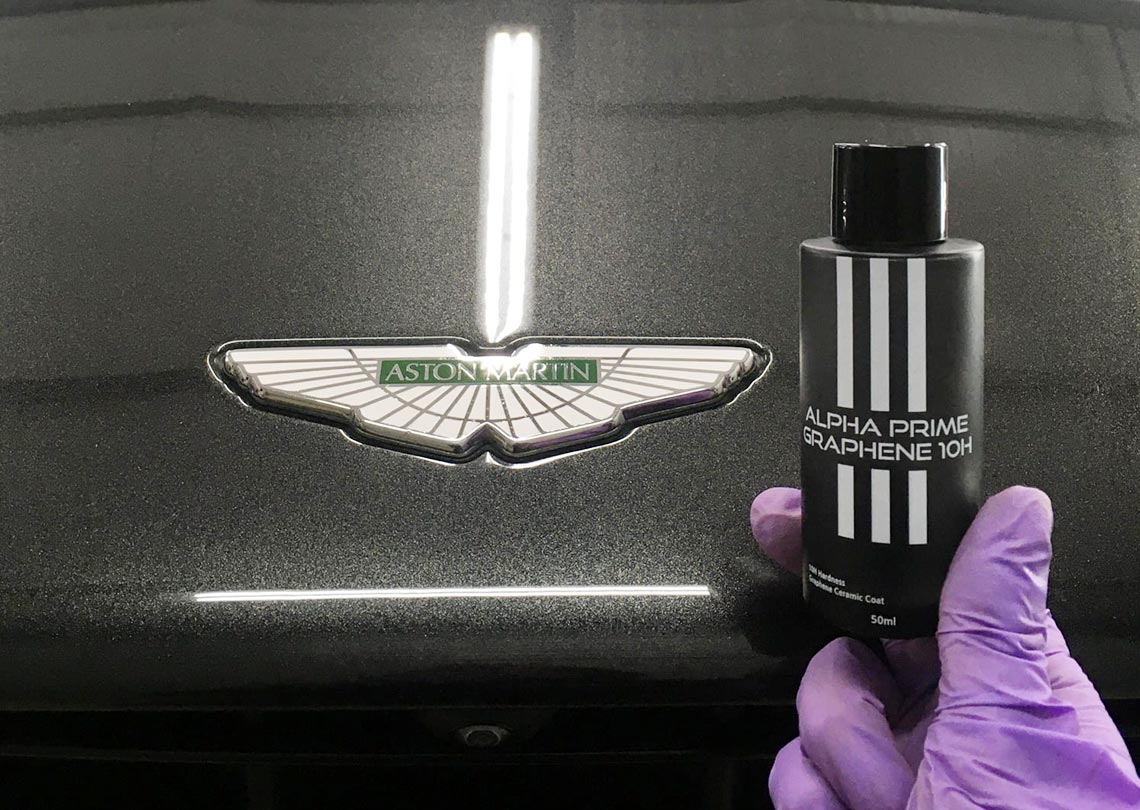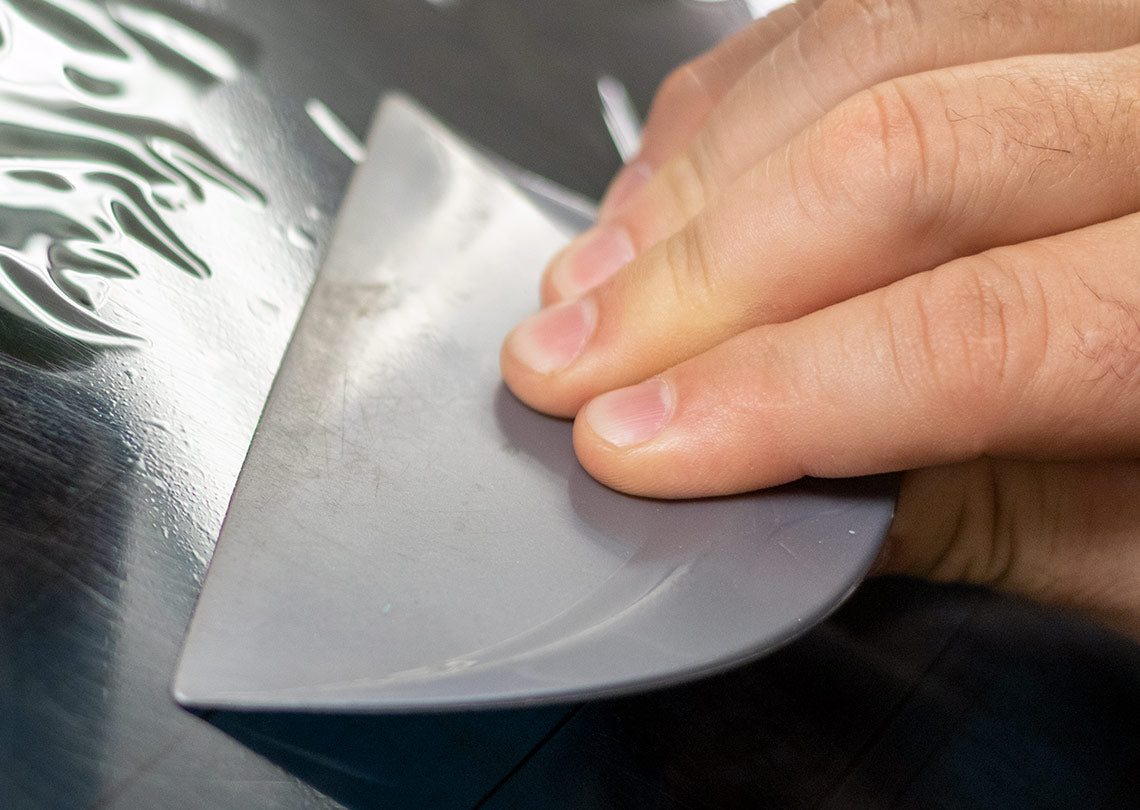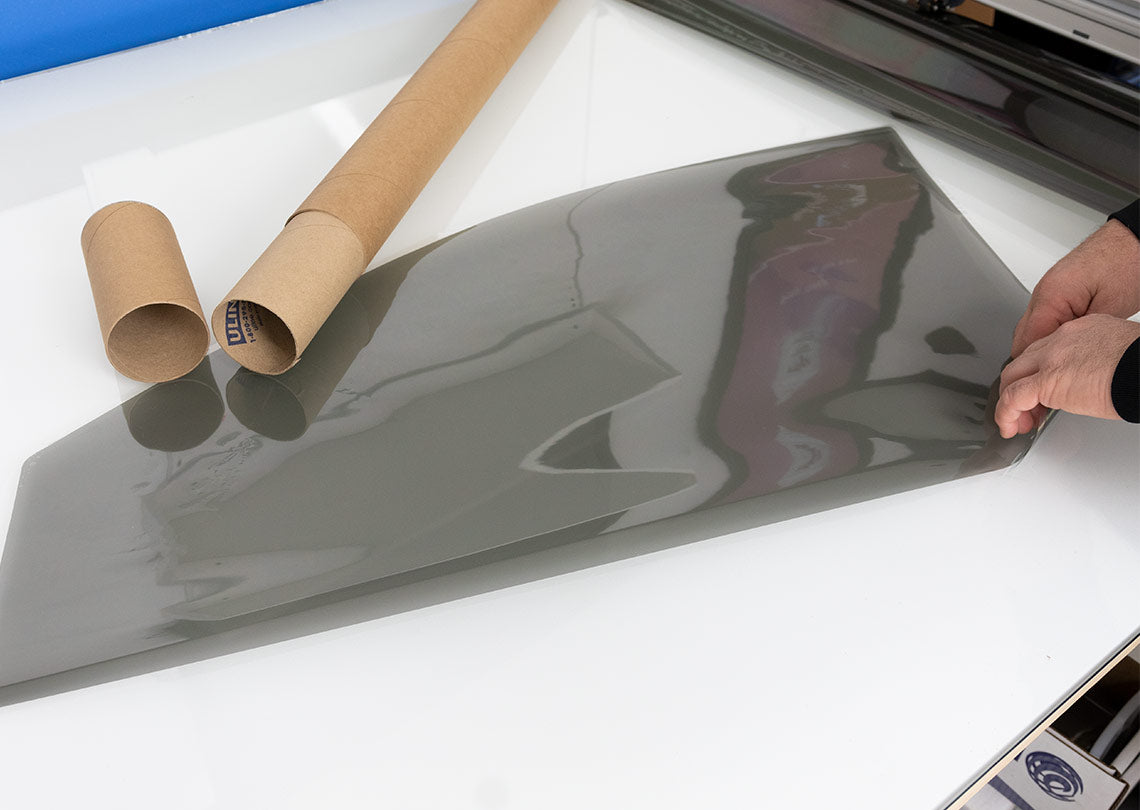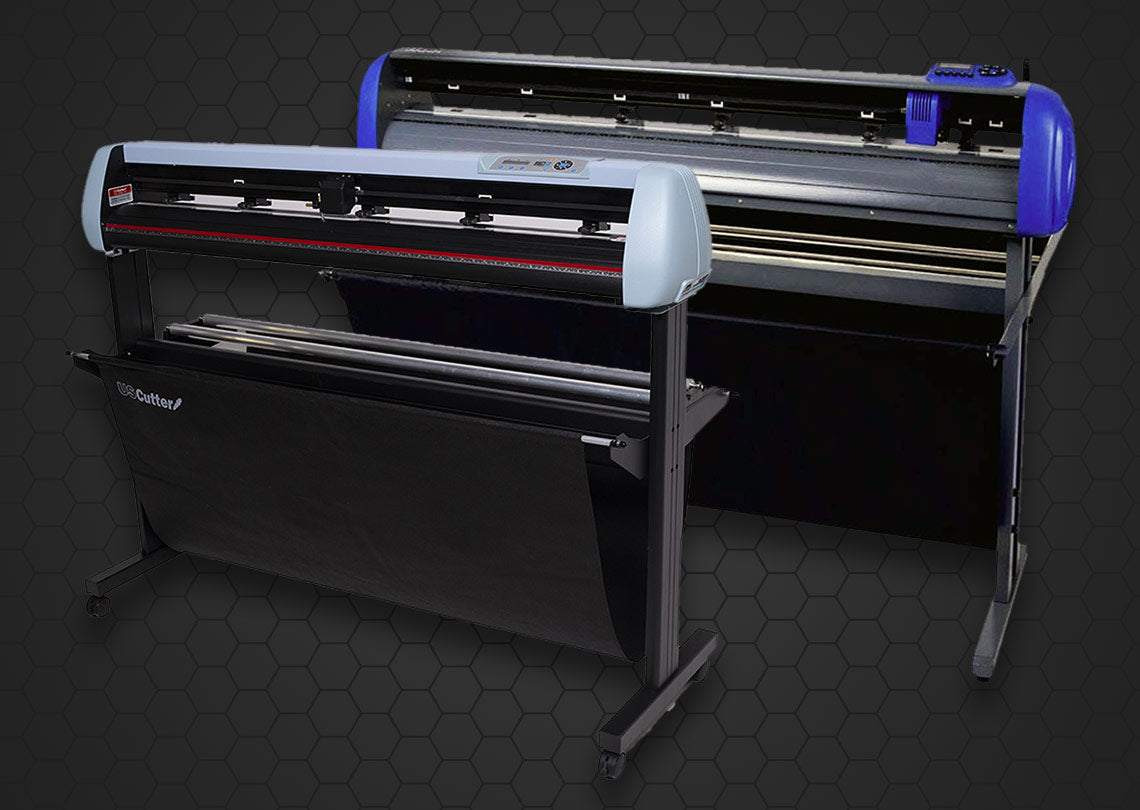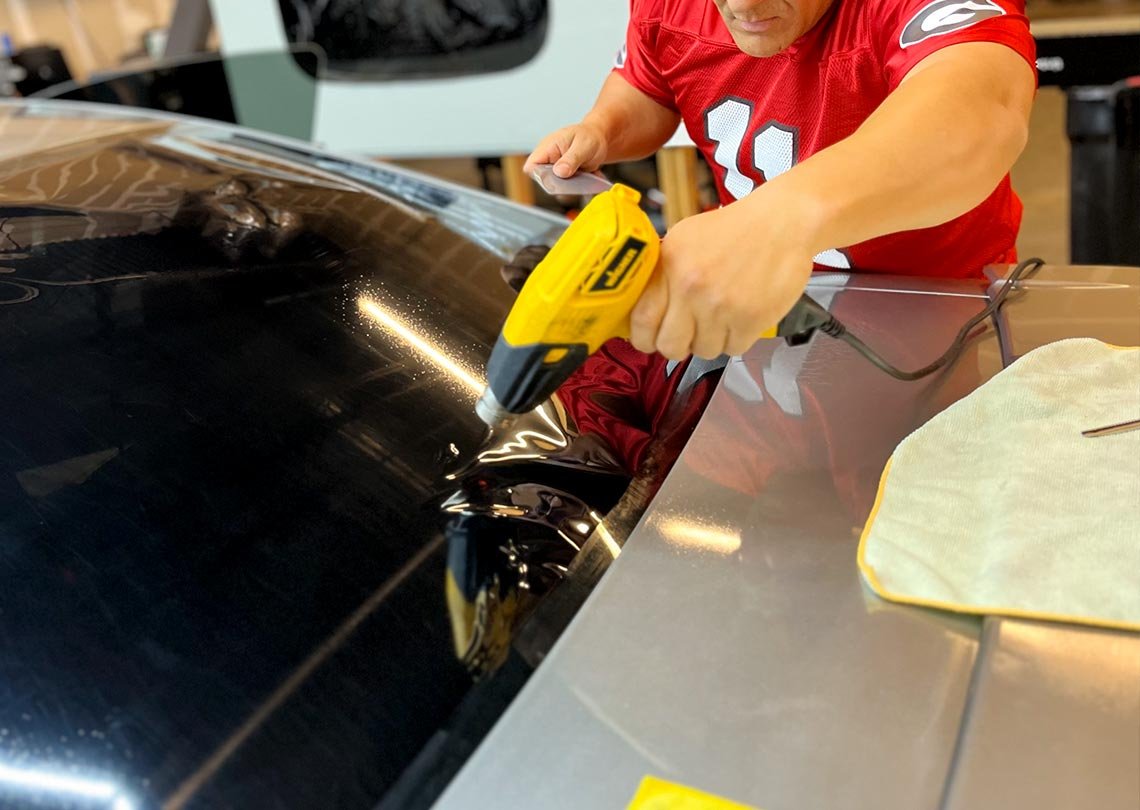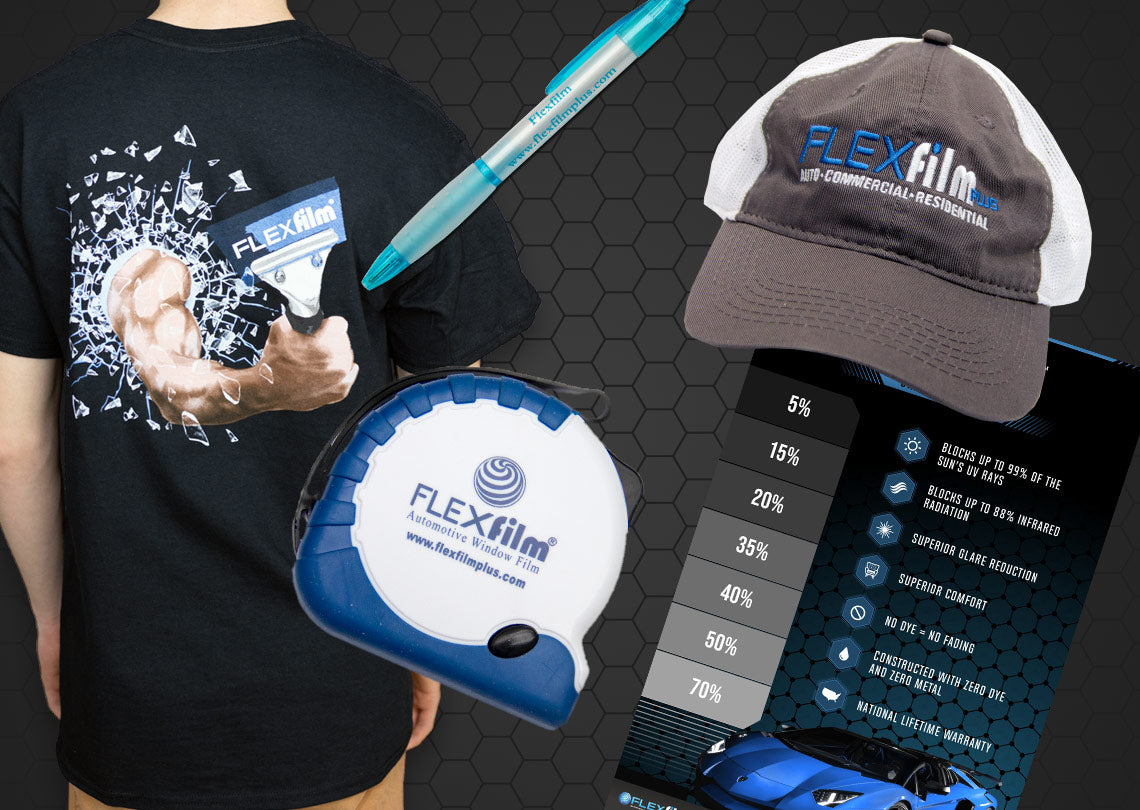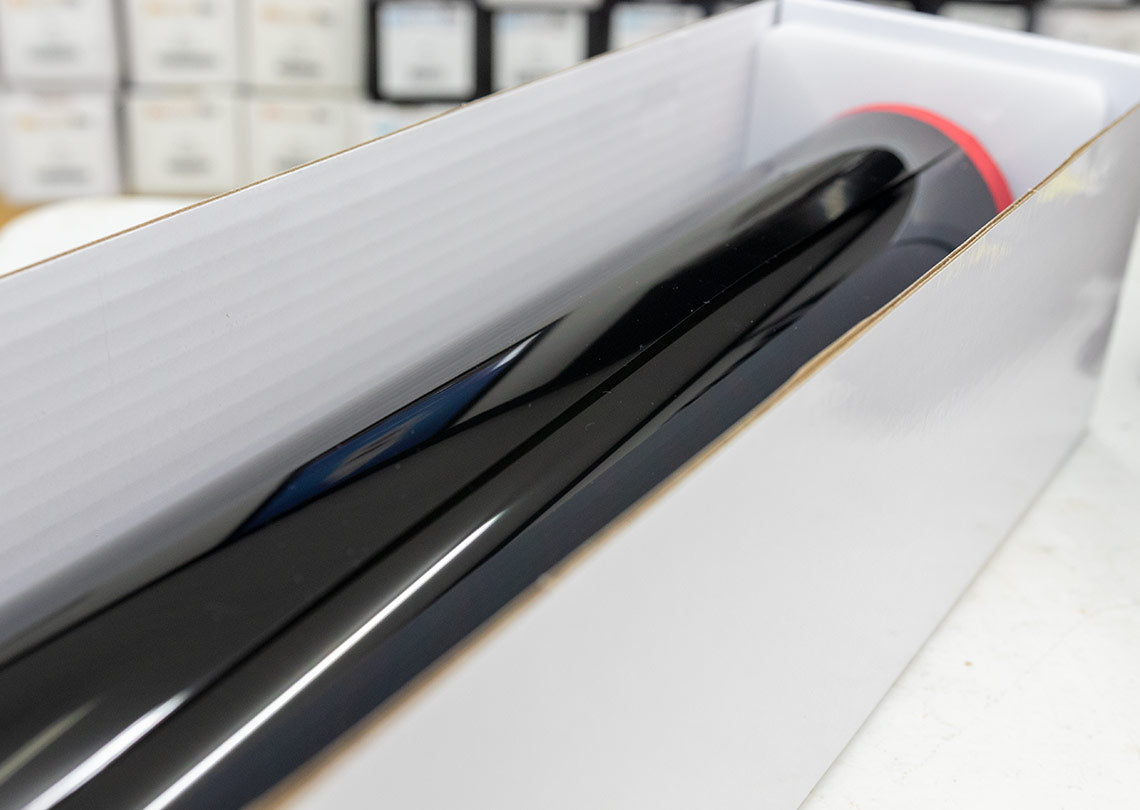Sunscreen VS Window Tint

Ever wonder how much protection your old-school dyed limo tint really gives you? I grabbed a bottle of SPF-110 sunscreen, smeared it on a slab of glass, and pitted it against a name-brand 5 % dyed film that has ruled the market for 40 years. The results blew my mind—and might change what you put on your windows next.
Experiment Setup
- Cut three identical clear-glass slides.
- Slide #1 — left clear for a baseline.
- Slide #2 — laminated with 5 % dyed limo film.
- Slide #3 — coated on one side with SPF-110 sunscreen.
- Measured UV-A and IR performance on a $1,000 Solar Spectrum Meter.
- Repeated IR readings with fresh sunscreen (wet) and after it dried (thin).
UV-A Rejection Results
| Sample | UV-A Blocked |
|---|---|
| Clear glass | 43 % |
| Dyed 5 % limo film | 99 % |
| Sunscreen on glass | 100 % |
Surprise #1: a thin smear of sunscreen outperformed dyed tint by the last little percent—and annihilated plain glass.
Infrared (IR) Rejection Results
| Sample | IR Blocked |
|---|---|
| Clear glass | 20 % |
| Dyed 5 % limo film | 23 % |
| Sunscreen (wet) | 95 % |
| Sunscreen (dry/thin) | 85–90 % |
Surprise #2: Even when it dried, the sunscreen crushed dyed film by more than 60 percentage points in IR rejection.
Why This Matters
The test is intentionally ridiculous—no one’s clear-coating their windshield with SPF cream—but it highlights a brutal truth: modern dyed films add minimal thermal value over bare glass. Meanwhile, today’s carbon and ceramic films leapfrog both UV and IR performance without the mess (or scent) of sunscreen.
Quick Reality Check
- UV-B vs. Glass: UV-B already stops at clear glass, so tint and sunscreen mostly battle UV-A.
- IR Heat: Comfort inside the cabin comes from slowing IR—dyed film barely moves the needle.
- Modern Options: Carbon and ceramic films can hit 99 % UV plus 80–95 % IR and hold those numbers for years.
Skip the SPF Hack—Go Carbon or Ceramic
If you’re parking under brutal sun, upgrading to a carbon or ceramic line (like Panaflex or Nanoflex) delivers the UV shield, IR heat drop, and optical clarity dyed film can’t touch—without smearing lotion on glass.
Curious? Dive into real data or grab a sample pack at FlexfilmStore.com. Your cabin (and your skin) will thank you.

Dealer Rewards
Start earning points that can be applied as store credit on your next online purchase.

Order Online 24/7
Shop our products online and check out anytime, 24/7, from anywhere!

Call To Order
Call us directly to place your order during business hours, Monday - Friday, 8:00 AM - 4:00 PM CST.
